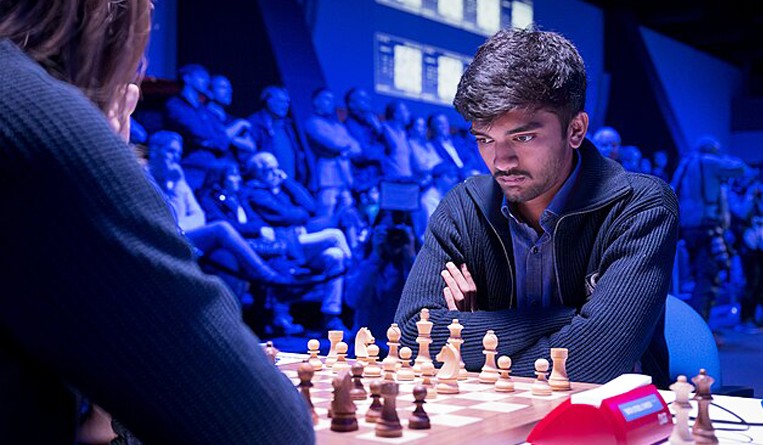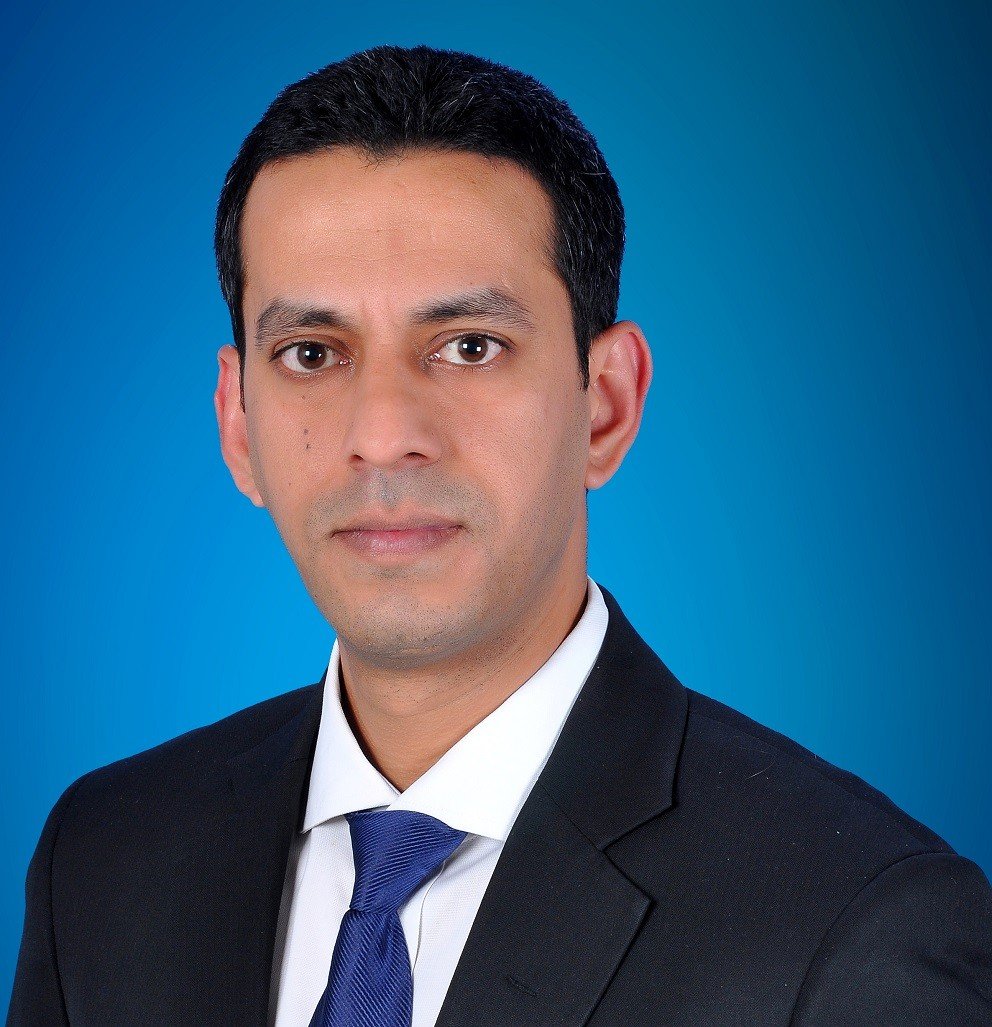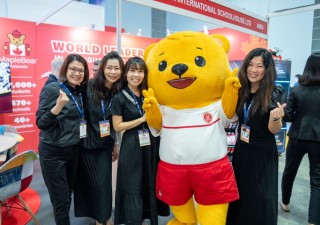Should Gukesh Dommaraju register his name as a trademark?
03 January 2025

Credit by Frans Peeters / Wikimedia Commons

Raghav Malik | partner @ Lall & Sethi, Delhi
Should newly crowned world chess champion Gukesh Dommaraju register his name as a trademark?
Raghav Malik, a partner at Lall & Sethi in Delhi, said he should.
Dommaraju, also known as Gukesh D, earned global fame after beating defending champion Ding Liren at the 2024 World Chess Championship held in Singapore from November 25 to December 12, 2024. Not only did his victory catapult him to world champion status, but it also made him the youngest undisputed chess champion in the world at the age of 18.
After his triumph, social media exploded with images and videos of the teener from Chennai who is the latest to follow in the footsteps of chess greats like Alexander Alekhine, Jose Raul Capablanca, Bobby Fischer, Garry Kasparov, Anatoly Karpov, Magnus Carlsen, to name a few.
Like Dommaraju, Indian badminton player Pusarla Venkata Sindhu or PV Sindhu also trended in India’s social media circles after winning the bronze medal at the 2020 Tokyo Olympics. Sindhu was India’s first female athlete to win two Olympic medals, having won silver in Rio de Janeiro in 2016.
Brands cashed in on Sindhu’s sporting milestone and popularity by posting congratulatory messages. The messages included the brand names and the companies’ logos alongside the athlete’s name and image. These brands, numbering around 20 – including Perfetti Van Melle, P&G, Pan Bahar, Apollo Hospitals, Punjab National Bank, Aditya Birla and Vicks – used the Olympic medalist’s name and image without her consent.
This is called moment marketing, the act of “jumping in the bandwagon” of an ongoing trend. The objective is to take advantage of the trending issue in order to capture the attention of a brand’s target market.
Moment marketing activities violate the provisions of the Advertising Standards Council of India Code which ensures that brands do not infringe upon the privacy of famous personalities. Engaging in moment marketing may lead consumers to believe the personality is endorsing or is connected with the brand or company.
Sindhu took these brands to court.
Dommaraju runs the risk of getting his name and likeness misused by brands aiming to capitalize on his newfound fame as well.
“In my view, brands are critical for creating business value and are source identifiers, and the sports business is no exception. Brand advertising using players’ names is also a giant business,” said Malik.
But the key is having the famous person’s authorization.
“So with this development, my view is that Gukesh should register his name as a trademark, also his nicknames, poses, slogans, signatures or other insignia for which he is well known,” Malik stated.
Indian celebrities do not normally do these, unlike in western countries where famous figures including sports personalities register their names as trademarks or copyright their unique characteristics.
Image or personality rights provide an option. “Even without a registered trademark, he will have ‘image or personality rights’ to prevent unauthorized use of his name, likeness or other personal attributes,” Malik pointed out.
Image rights are the rights of a person in connection with his name, image (whether still, moving or animated), voice, signature, catchphrases, facial expressions, mannerisms and other personal characteristics. They also refer to the person’s iconic acts, logos, trademarks and brands. Violation or misappropriation of image rights happens when these are being used by individuals or entities without proper authorization.
When dealing with image rights, Indian courts have relied on the law of trademarks, passing off and copyright. However, the basic right stems from the right to privacy and the right to exploit one’s own image.
“It is also important that any use of his name, etc., should be licensed by a proper written document with relevant IP clauses,” Malik added.
- Espie Angelica A. de Leon






